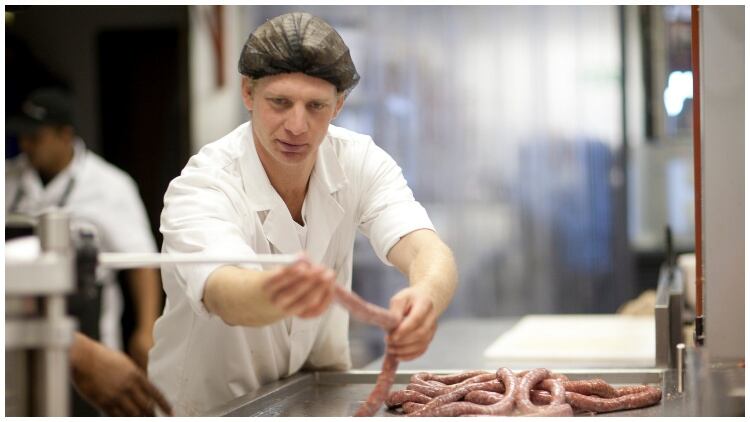This respiratory disease is among the most common in pigs, with Mycoplasma hyopneumoniae (M.hyop) – which causes swine Enzootic pneumonia – present in 80% of swine herds. As such, M.hyop will be the team’s focus.
The funding comes from Defra and the Biotechnology and Biological Sciences Research Council (BBSRC), with the RVC team using the money to investigate the bacterial genes necessary for the disease. This will hopefully lead to the development of new vaccines that offer protective immunity and stop it from spreading.
According to RVC, the prevalence of M.hyop can lead to a 16% reduction of growth and a 14% reduction in feed conversion in pigs. This is not only a welfare issue, but a costly one for farmers.
Piglets are considered free from M.hyop at birth, but they become susceptible when in close contact with infected and vulnerable pigs, with the main route of transmission often lactation. This places piglets under enormous risk of developing the respiratory disease as well as infection from secondary pathogens.
Currently, there are no commercial vaccines available that can prevent initial infection. And, although M.hyop can be treated with antibiotics, the RVC recognises that their use needs to be reduced to avoid resistance in the future.
In response to the funding, Professor Dirk Werling, professor of molecular immunology at the RVC, who is part of the team undertaking this research, said: “Infection of Mycoplasma hyopneumoniae is a really debilitating disease in pigs that causes huge economic losses for farmers. I am very pleased that we will be able to continue working with a pharmaceutical partner to develop a new vaccine using state-of the-art technologies.”
This latest research will build on previous work from RVC funded by BBSRC and the Agriculture and Horticulture Development Board (AHDB), which identified the genes essential for the pathogen’s survival in pigs and isolated strains of bacteria from UK pigs.
In other news, a report from Compassion in World Farming has called for major reforms to industrial farming to stop the spread of avian flu.




